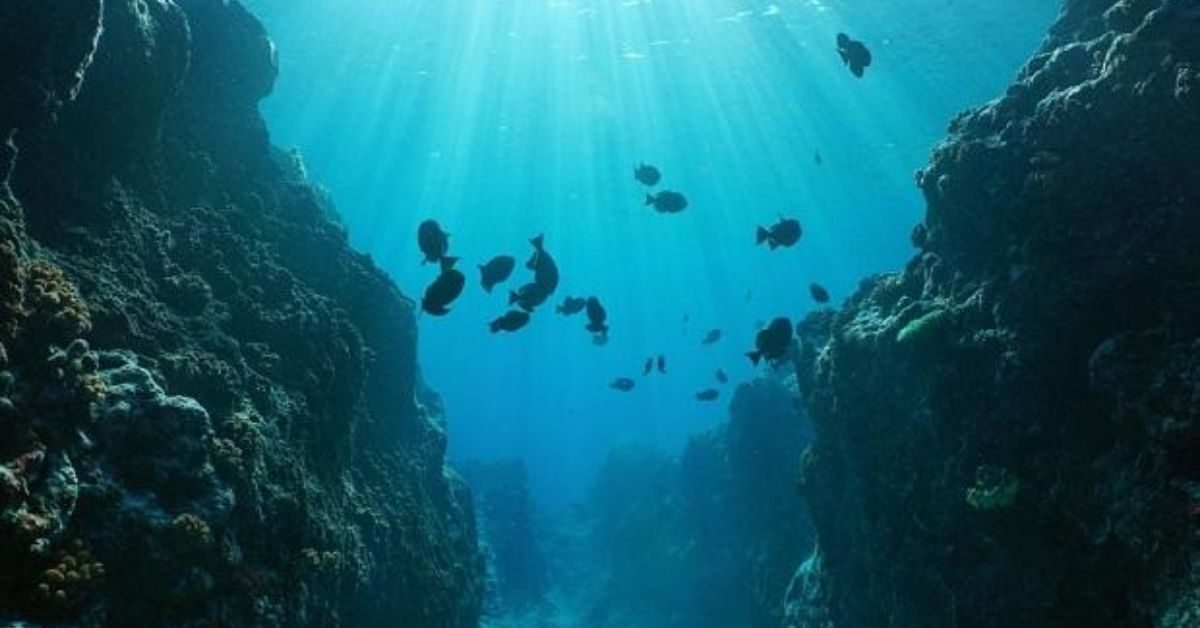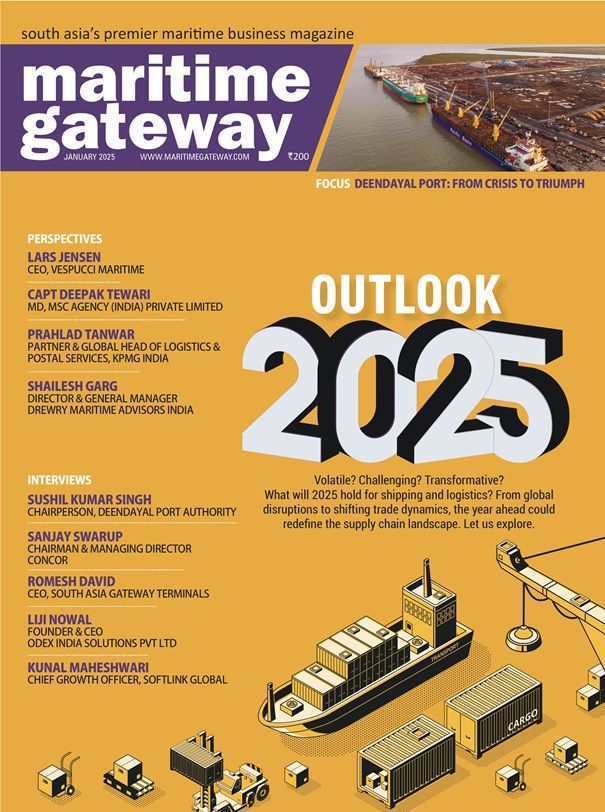The Ministry of Earth Sciences (MoES) has rolled out the draft blue economy policy in the public domain, inviting suggestions and inputs from various stakeholders, including industry, NGOs, academia and citizens.
The draft policy document outlines the vision and strategy that can be adopted by the government to utilise the plethora of oceanic resources available in the country.
The document has recognised seven thematic areas: national accounting framework for the blue economy and ocean governance; coastal marine spatial planning and tourism; marine fisheries, aquaculture, and fish processing; manufacturing, emerging industries, trade, technology, services, and skill development; logistics, infrastructure and shipping, including trans-shipments; coastal and deep-sea mining and offshore energy and security, strategic dimensions and international engagement.
The policy document has been disseminated for pubic consultation on several outreach platforms, including websites and social media handles of the MoES and its institutes. Stakeholders have been invited to submit inputs and ideas by February 27, it said in a statement.
The policy document aims to enhance contribution of the blue economy to India’s GDP, improve lives of coastal communities, preserve marine biodiversity, and maintain the national security of marine areas and resources, it added.
India’s blue economy is understood as a subset of the national economy comprising an entire ocean resources system and human-made economic infrastructure in marine, maritime, and onshore coastal zones within the country’s legal jurisdiction.
It aids the production of goods and services that have clear linkages with economic growth, environmental sustainability, and national security.
With a coastline of nearly 7,500 kilometres, India has a unique maritime position. Nine of its 29 states are coastal and the nation’s geography includes 1,382 islands. There are nearly 199 ports, including 12 major ones that handle approximately 1,400 million tonnes of cargo each year.
Moreover, India’s exclusive economic zone of over 2 million square kilometres has a bounty of living and non-living resources with significant recoverable resources, such as crude oil and natural gas.
The coastal economy sustains over 40 lakh fisherfolk and coastal communities. With these vast maritime interests, the blue economy occupies a vital potential position in India’s economic growth.
“It could well be the next multiplier of GDP and well-being, provided sustainability and socio-economic welfare are kept center-stage.
“Therefore, India’s draft blue economy policy is envisaged as a crucial framework towards unlocking country’s potential for economic growth and welfare,” the MoES said.
Source : Business-Standard







